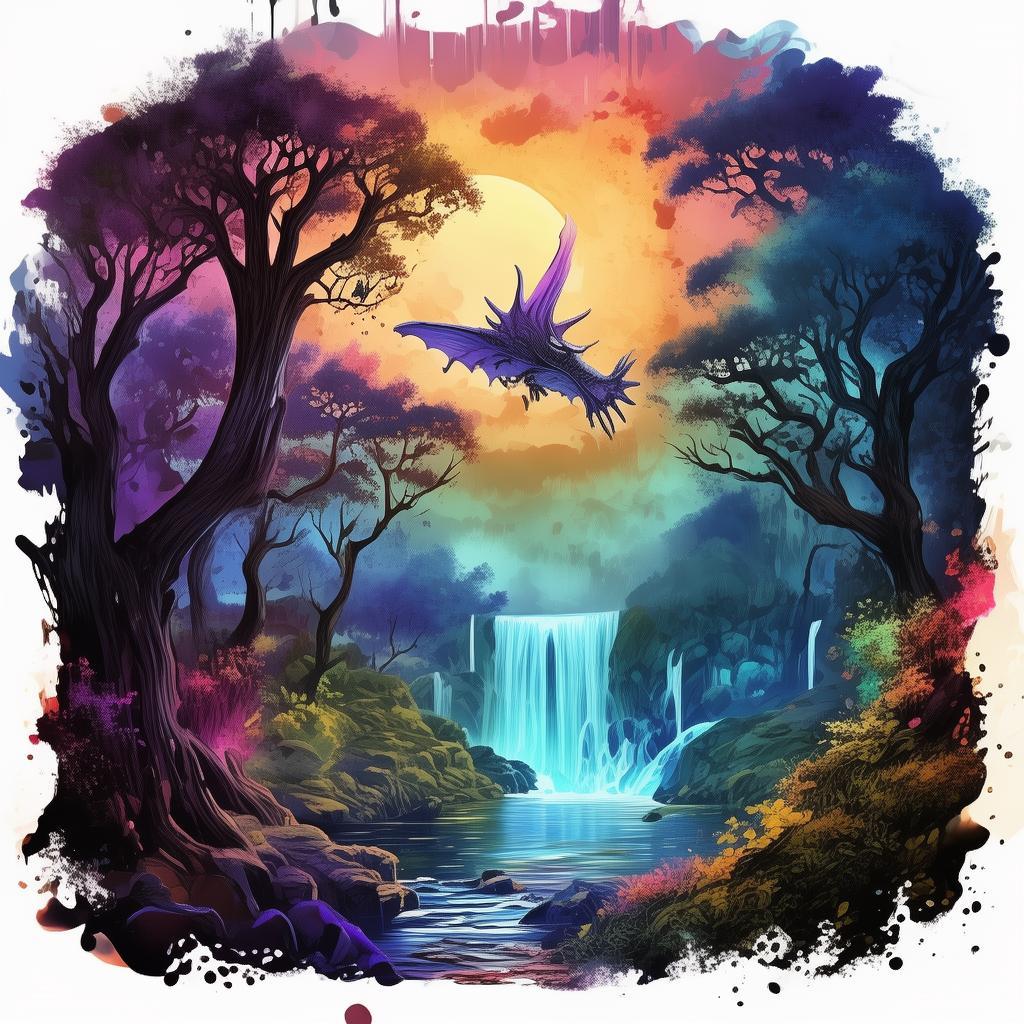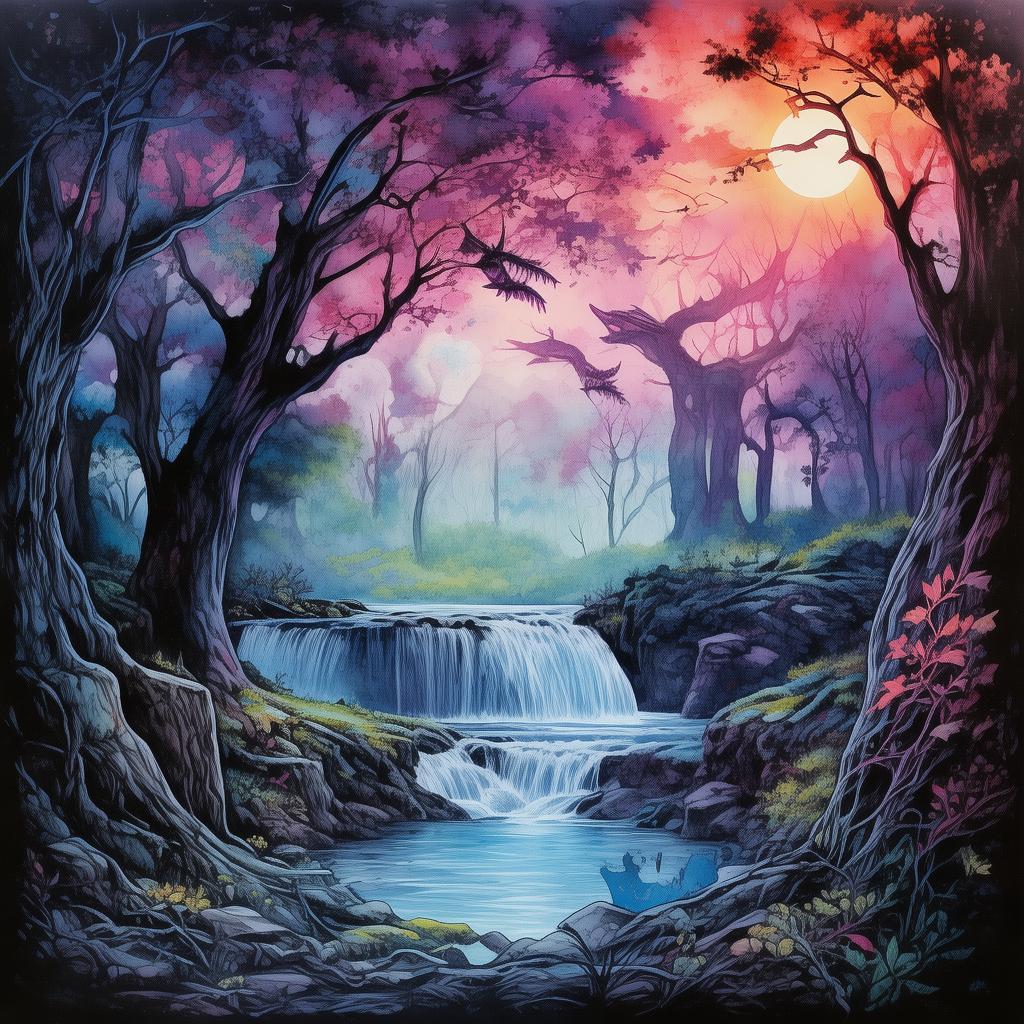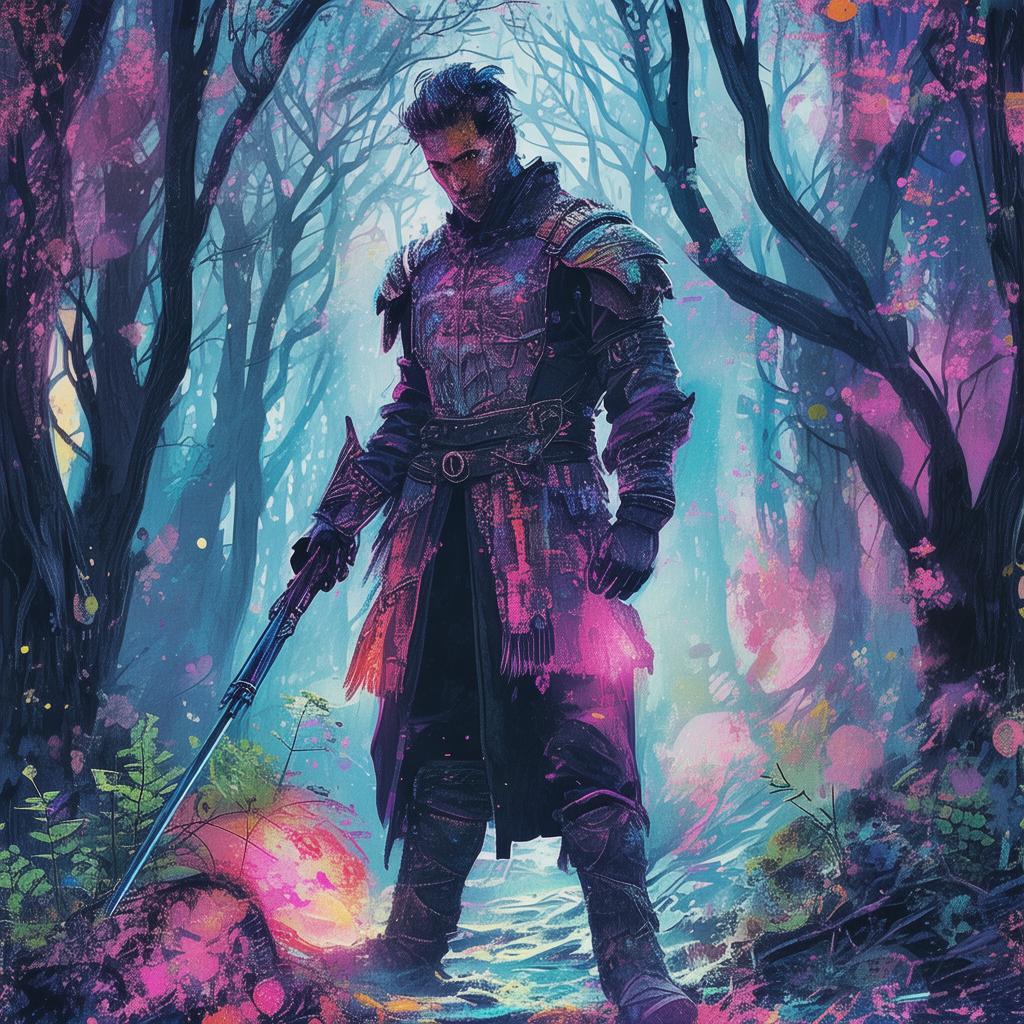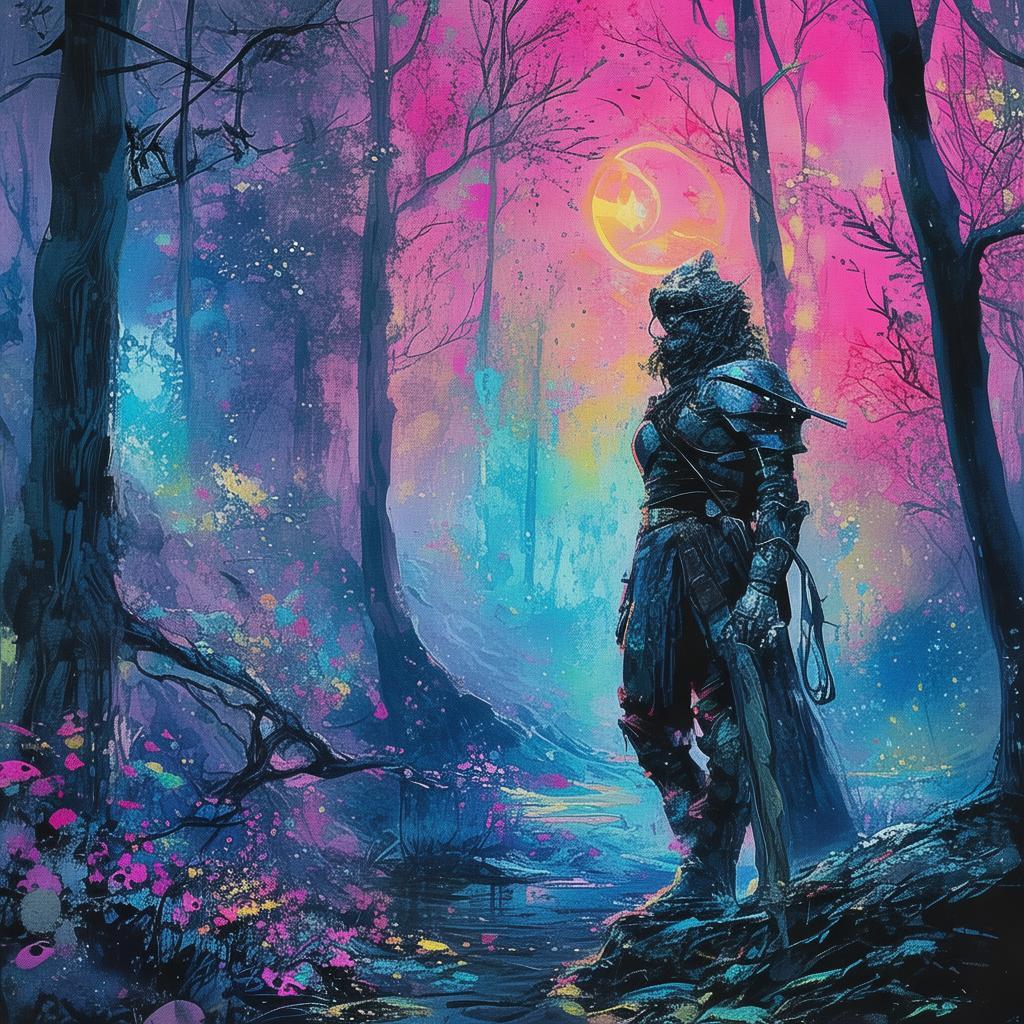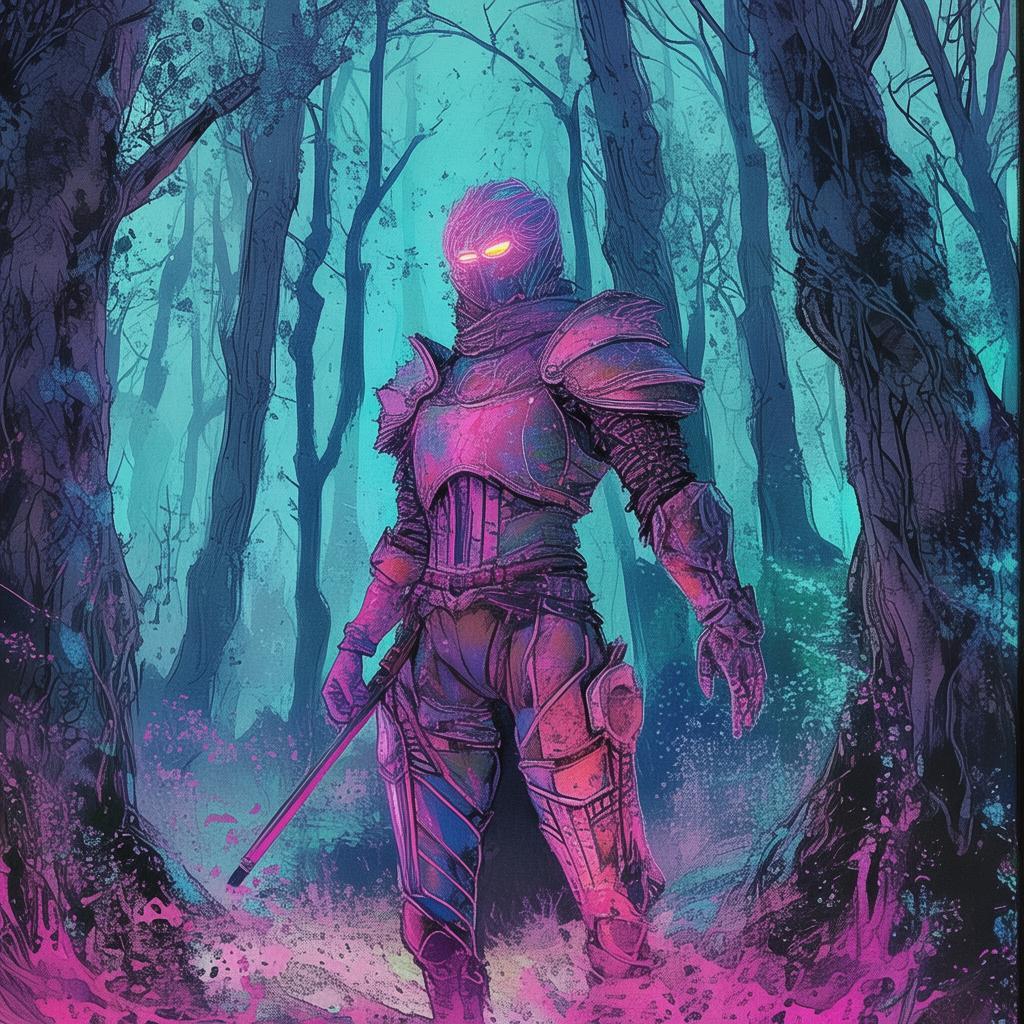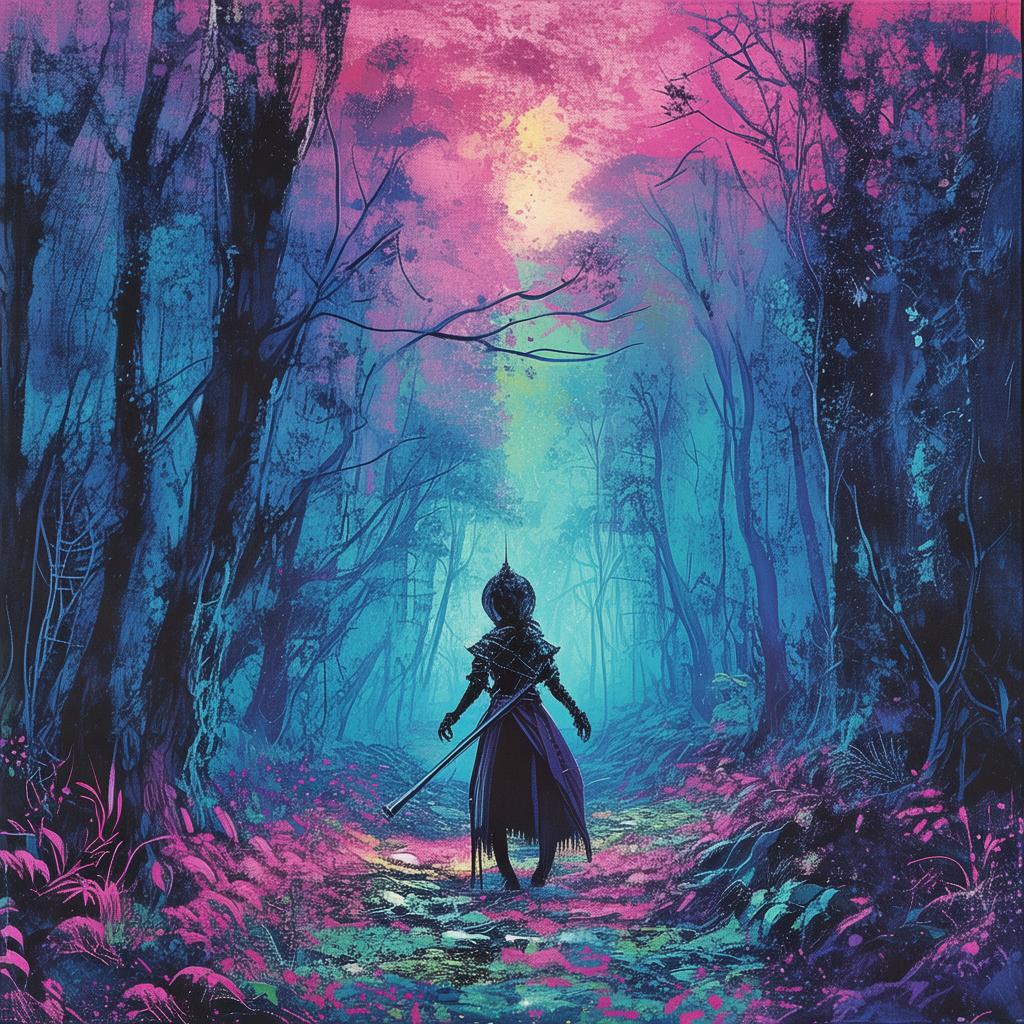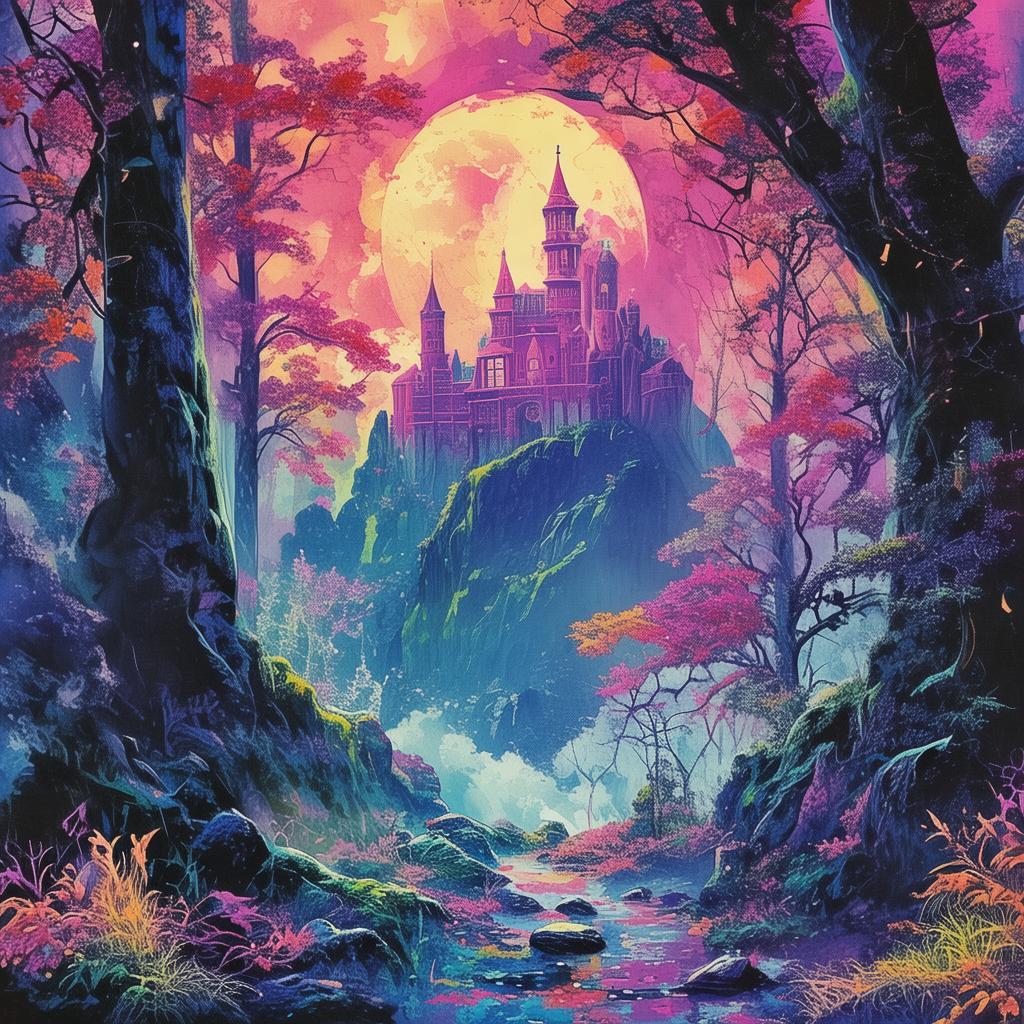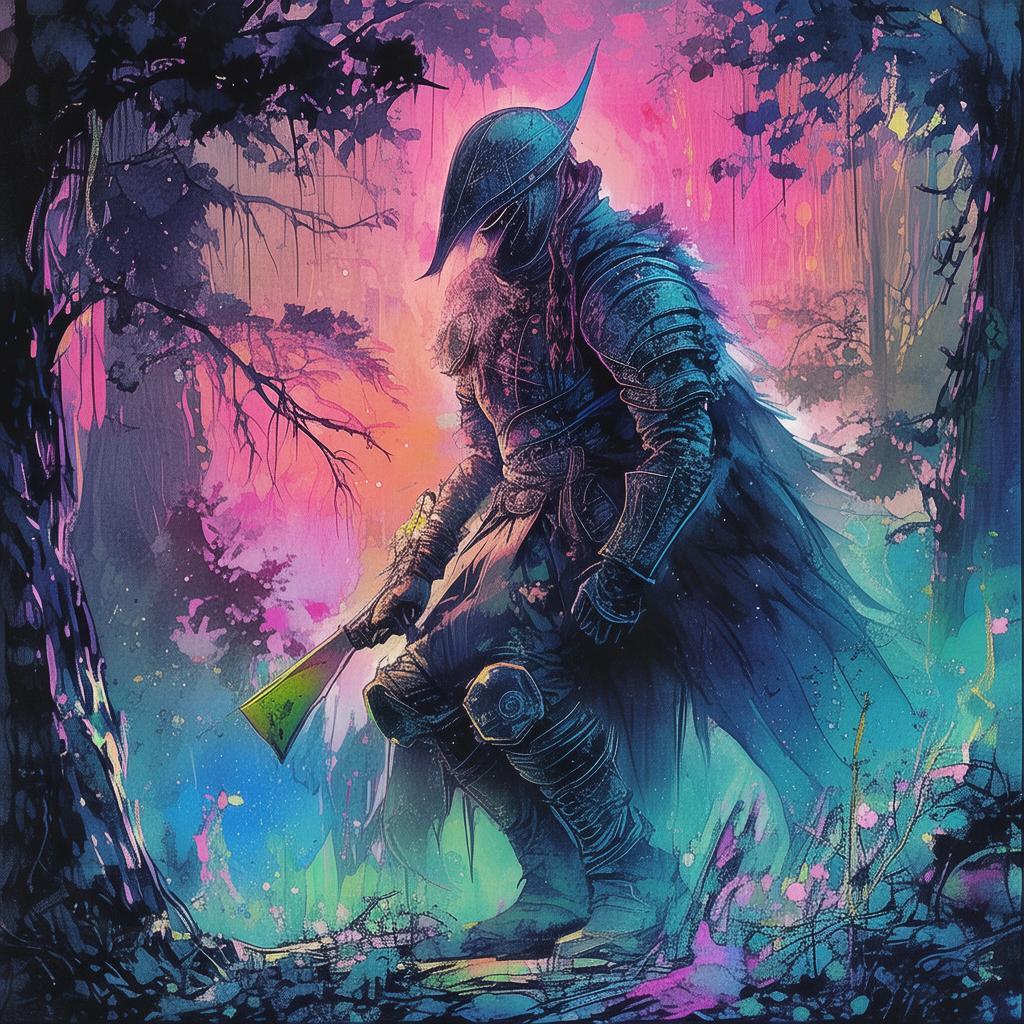The Silent Scream of the Chorus
In the shadow of a global crisis, the world stood still, a hushed symphony of fear and uncertainty. The lung plague had spread with the rapidity of a wildfire, seeping through cities and countries like a dark tide. In the midst of this chaos, there lived a pianist named Elena, whose fingers danced upon the keys as a lighthouse amidst the storm.
The story began in the dimly lit apartment where Elena practiced every night, her eyes reflecting the glow of the keys under her fingers. She had a routine, one that was as much a part of her as the air she breathed. But the world had changed. The once vibrant concert halls were silent, replaced by the eerie quiet of a pandemic. Her audience was gone, replaced by the relentless whisper of the lung plague.
One evening, as Elena's fingers touched the keys of her piano, a sound unlike any she had ever heard filled the room. It was a faint, haunting melody, as if the walls themselves were crying out in pain. The melody was so subtle, she almost dismissed it as the wind howling outside, but the more she played, the more it became clear that the sound was coming from within her.
Desperate for answers, Elena began to investigate. She delved into the whispers of the lung plague, the stories of those who had fallen silent, and the secrets of a pandemic that was not just a health crisis but a cultural and social upheaval. She discovered that the lung plague was more than a virus—it was a symphony, a secret concert of souls that had been silenced by the disease.

Elena's quest led her to an old, abandoned concert hall, where she found a collection of pianos, each tuned to a different note, resonating with the voices of those who had succumbed to the lung plague. Each piano held a piece of a story, a melody that spoke of lives cut short, of dreams unfulfilled, and of the indomitable spirit of humanity.
One piano, in particular, drew her attention. It was tuned to a low, mournful note, and as she approached, the melody became more pronounced, more desperate. She sat down and began to play, her fingers tracing the rhythm of loss and grief. The melody swelled, and with it, Elena felt the weight of the world upon her shoulders.
The concert hall was empty, but Elena was not alone. She felt the presence of others, the whispers of those whose voices had been stolen by the lung plague. They filled the room with their silent screams, their unspoken stories, their unhealed wounds.
As Elena played, she began to understand. The lung plague was not just a virus—it was a collective experience, a testament to the resilience of the human spirit. The melodies were not just sounds; they were emotions, memories, and hopes. They were the voices of the chorus, a silent symphony of humanity.
In the midst of her performance, the walls of the concert hall began to crack, revealing hidden rooms filled with artifacts from the past, photographs of lives lost, and letters from those who had died. Elena read the letters, her heart aching with each word, each story.
As she read, the melody shifted, becoming more vibrant, more hopeful. The chorus was not just about loss; it was also about survival, about the enduring power of love, hope, and community. The whispers grew louder, more determined, until they became a crescendo, a call to action, a reminder that even in the darkest of times, there was light.
Elena played until the last note echoed through the empty hall, and then she fell to her knees, overcome with emotion. The world outside had changed, but within her, she found a new purpose. She knew that her journey was not over. She would carry the whispers of the lung plague, the secrets of the secret symphony, and share them with the world.
In the weeks that followed, Elena began to perform again, not in grand concert halls, but in the places where people gathered, in parks, in hospitals, and in places of worship. She played the piano, her fingers tracing the melodies of the chorus, and with each note, she brought a little piece of humanity back to the world.
The story of Elena and the lung plague spread like wildfire, a testament to the power of music, of art, and of the human spirit. And so, the whispering symphony continued, a reminder that even in the darkest times, there is always a song worth singing.
✨ Original Statement ✨
All articles published on this website (including but not limited to text, images, videos, and other content) are original or authorized for reposting and are protected by relevant laws. Without the explicit written permission of this website, no individual or organization may copy, modify, repost, or use the content for commercial purposes.
If you need to quote or cooperate, please contact this site for authorization. We reserve the right to pursue legal responsibility for any unauthorized use.
Hereby declared.

